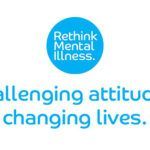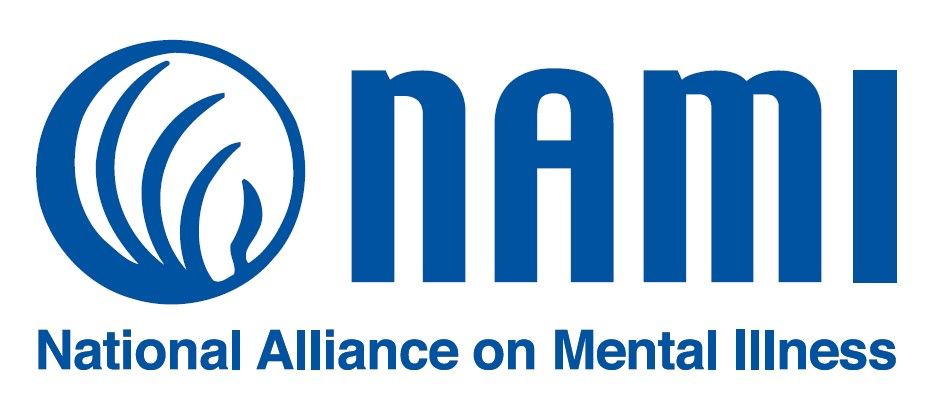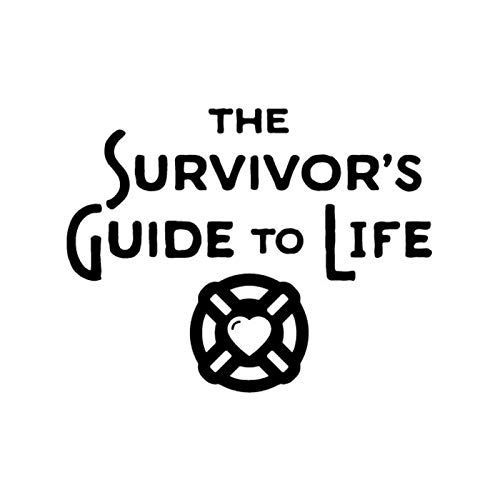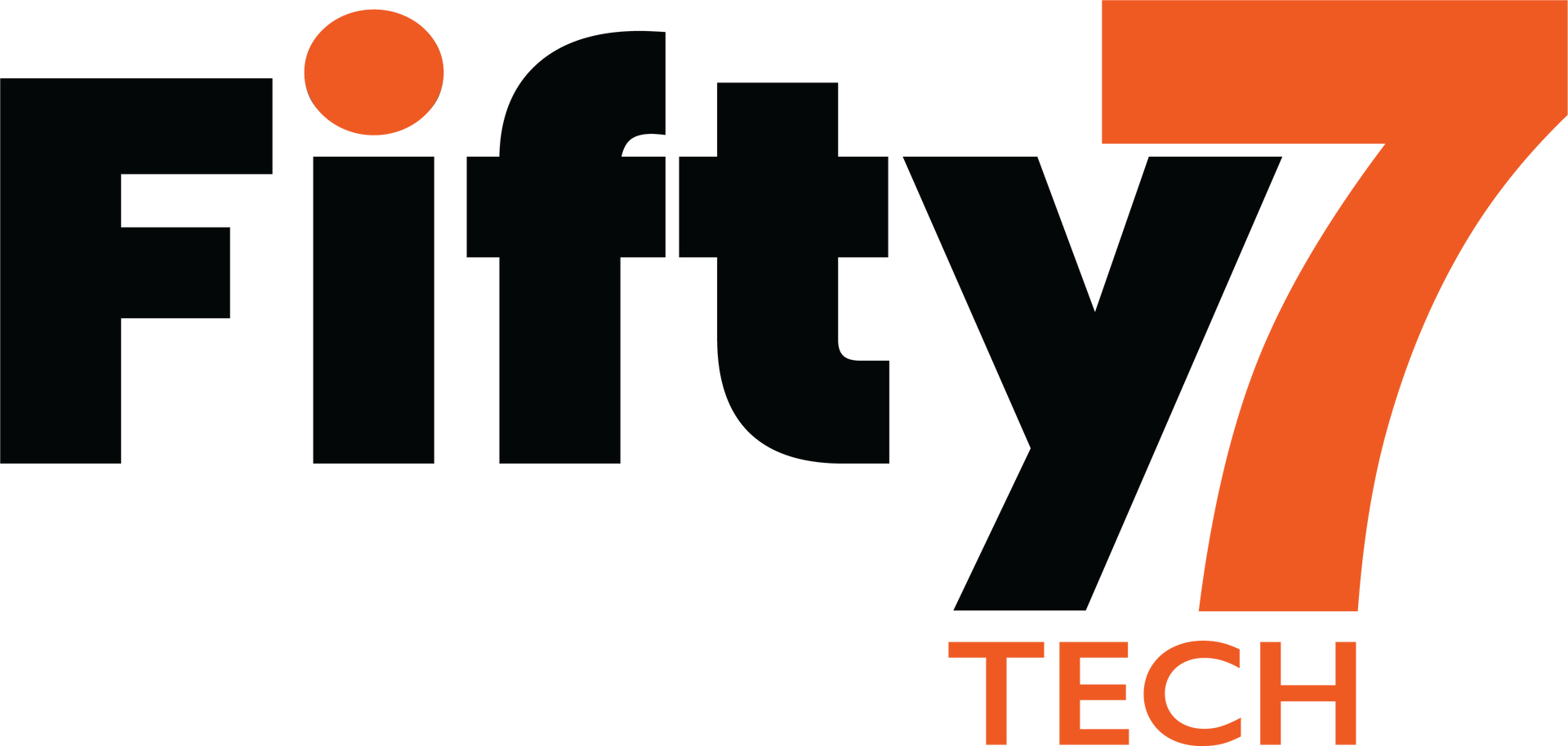Mental Health Today

I remember as a teen when I had to stare at my own and others' bodies in a mirror during ballet class for hours on end, day after day. That space is where I learned to feel ashamed of my body as I critiqued and compared myself to the people physically around me. Social media was just taking off in my teenage years, and I think about what might have happened, when at my most vulnerable, had I gone home, logged onto Instagram or Tiktok, and been fed message after message about restrictive diets, extreme weight loss, and self-harm.

Adolescence is supposed to be a time of carefree exploration of the world around us. In a perfect reality, teenagers should be worried about extracurriculars and college applications. Unfortunately, the environment our teenagers have inherited is plagued by constant technological distractions and premature exposure to mature subject matter. With relentless divisions and suffering seemingly unavoidable, it's no wonder many teens are experiencing significant mental health challenges and, subsequently, substance abuse as a means of self-medication. In fact, more than 1.5 million youth in the U.S. reported a substance use disorder just in the past year.
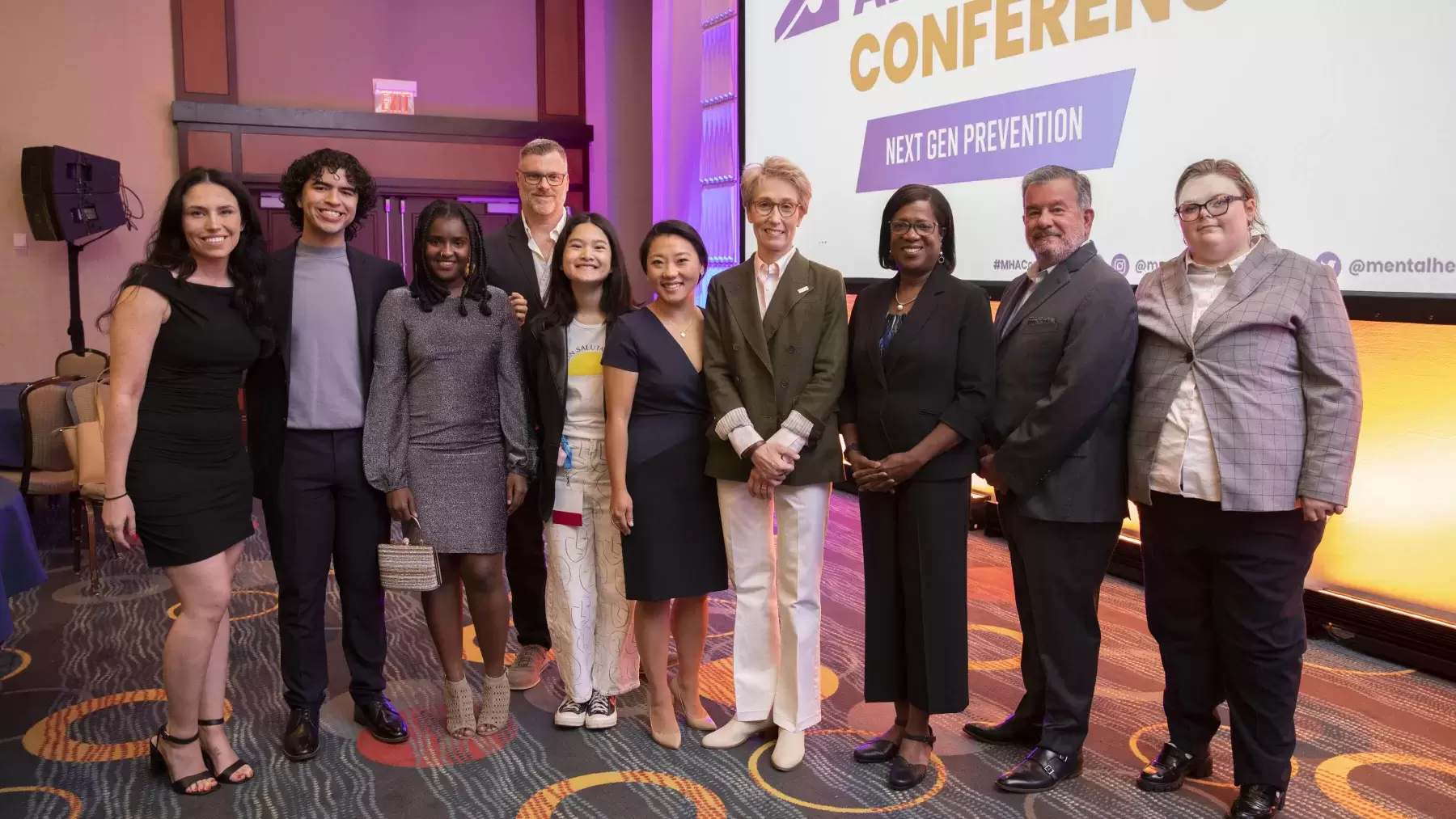
Since launching the Young Leaders Council in 2017, Mental Health America (MHA) has worked with young leaders transforming their communities and demanding change across the country. Now, we are expanding our initiatives to advance youth leadership in national mental health policy via MHA’s Youth Policy Accelerator. Our inaugural cohort will focus on driving national conversations around youth peer support and peer services.



